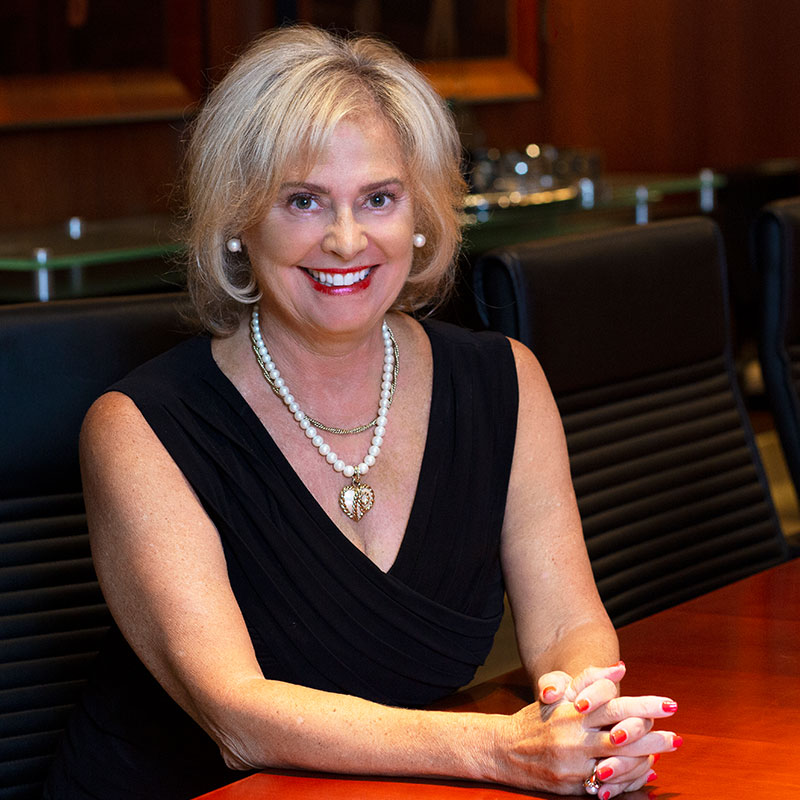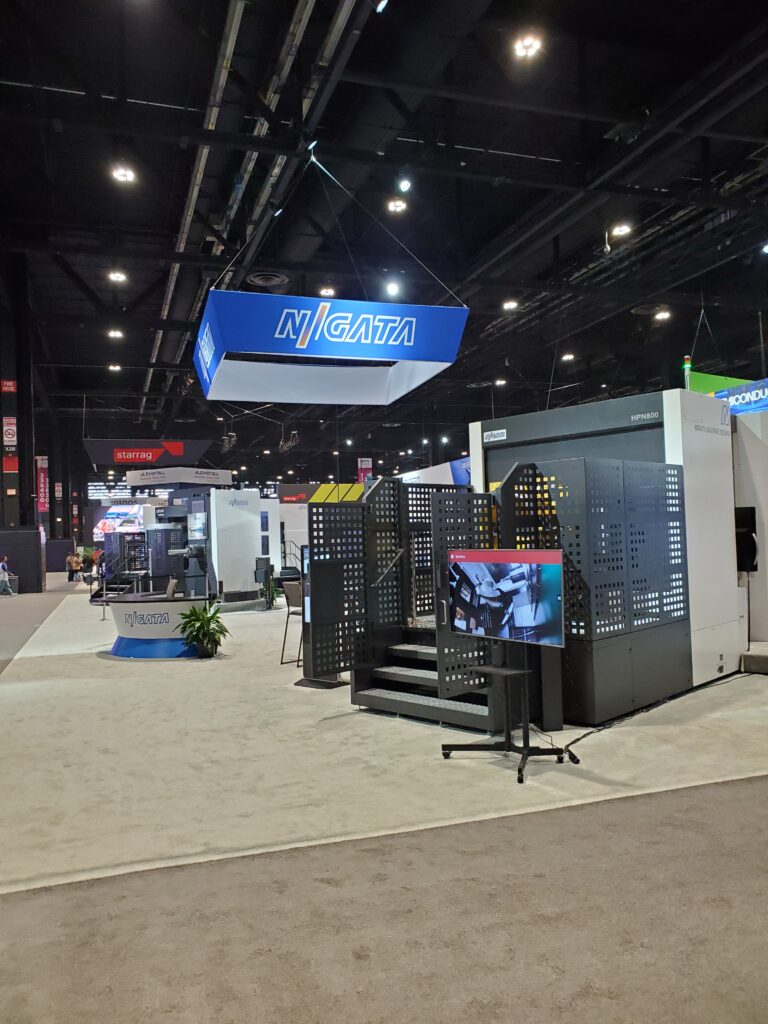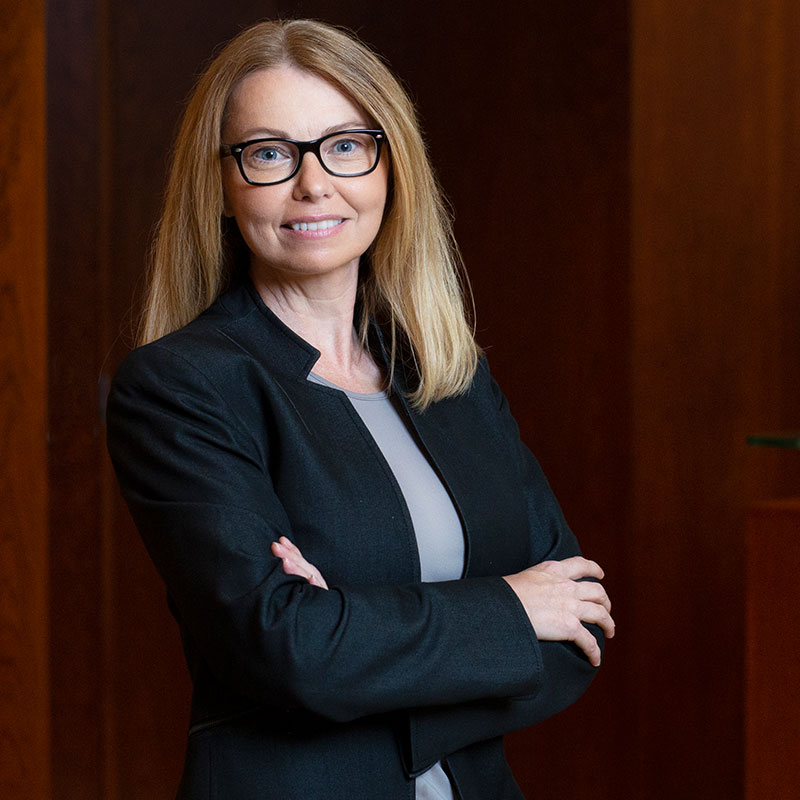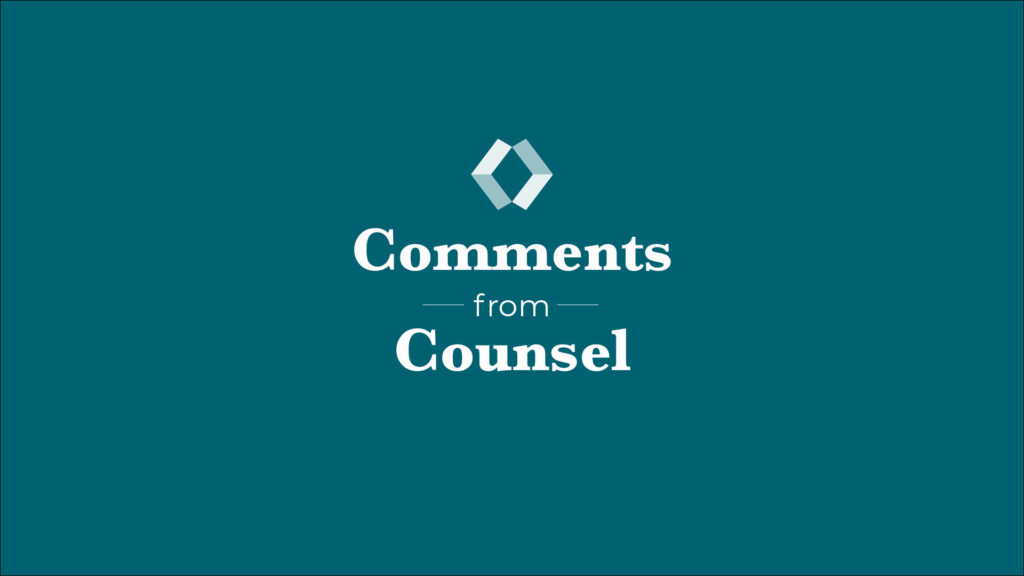In honor of National Women’s History Month, we’re spotlighting Carol N. Bailey, partner at WilliamsMcCarthy LLP. Did you know Carol was the first woman Assistant State’s Attorney in the 17th Circuit? Learn more about her experiences, the women who serve as her inspiration, and her advice to other women entering the law profession today in this issue of “In the Spotlight.”
When did you decide you wanted to be a lawyer?
When I was in 5th grade, my teacher told me one day that I should become a lawyer. I had never met a lawyer, certainly not a woman lawyer, and I remember thinking, “I wonder what that is?” I told my parents and grandparents that I was going to become a lawyer, which they thought was funny. I don’t think anyone I knew took me seriously until I got into law school. Once I was there, I realized I really was meant for this work. What started off as an offhand remark by my 5th grade teacher turned into my dream job.
Is there an achievement in your career of which you are most proud? If so, why?
I was hired as the first woman Assistant State’s Attorney in the 17th Circuit, a fact of which I was not aware until a newspaper reporter appeared in my office on my first day and ran a story about me. This early notoriety did not serve me very well. It was a difficult time for a woman to be embarking on a career in the law but I survived and thrived. I am proud that my work helped pave the way for other women to become prosecutors. In my time there, I was assigned to the juvenile courts, which was a common appointment for a young attorney. When I left that position, the social workers with whom I worked most closely said that there would forever be two eras in the juvenile courts, “Before Carol” and “After Carol.”
Who is your favorite individual in legal history? Why are the contributions of this individual notable in your opinion?
Ruth Bader Ginsburg and Hillary Rodham Clinton are inspirations to most women lawyers of my generation. Both women are brilliant trailblazers who faced huge obstacles to their pursuit of careers in the law. Justice Ginsberg graduated first in her class at Harvard Law School and yet was not offered a single job opportunity as an attorney after her graduation from law school. It wasn’t until she started taking pro bono cases while teaching law school that she earned the recognition she deserved, leading to her long, distinguished career and appointment to the United States Supreme Court. Hillary Clinton is a brilliant lawyer who is consistently underestimated and has had her entire career eclipsed by her husband’s career. Both are inspirations to women and serve as examples of how to overcome obstacles in the legal profession.
Do you think your perspective as a woman has shaped how your practice law?
Yes, without a doubt. My career path has been impacted not just by my perspective as a woman, but the gender bias women encounter every day across all professions. I think this has influenced the cases I’ve been offered and the way I practice law. Those experiences made me a stronger person and a more passionate advocate for my clients. It has colored not just my professional perspective, but also my charitable work including co-founding Family Advocate, Inc., and my service on numerous charitable boards and causes such as the 815 Women with a Mission group that is fundraising for the creation of the Family Peace Center.
Who are some of the most notable women you’ve looked to for inspiration and mentorship?
I had no female mentors – there just weren’t women trial lawyers in the area to mentor me at the time I started practicing law in the 17th Circuit. However, I was fortunate to have a few very prominent lawyers who served as advocates and mentors to me. Former State’s Attorney Daniel Doyle, First Assistant State’s Attorney Robert Gemignani and Judge Harris Agnew all supported me, expressed confidence in my abilities and encouraged me to advance my career.
Not having had a woman lawyer mentor myself, it has become very important for me to mentor and support young women lawyers today. Society has changed and with it the legal profession as the number of women in law school who become practicing lawyers has increased exponentially. I think the opening of Northern Illinois School of Law was a game changer for our circuit in terms of the influx of women lawyers in northern Illinois.
What advice would you give to a young woman interested in pursuing a career in law?
I think that it is important for young women lawyers to acknowledge that there remains the vestige of gender bias that has to be guarded against every day, but also that they are starting from a much better place now than we did 40 years ago. I would want young women lawyers to know that while there is still progress to be made, they have the ability to achieve great success as lawyers as long as they don’t let the remaining obstacles get in their way. It is my hope that young women entering the profession as attorneys today will expect to be treated with the same courtesy and respect as their male colleagues and that they make their voices heard if that is not the case.
Why do you think it is important that we reflect on International Women’s Day and Women’s History Month?
I think it is incredibly important to pause and remind women and men of the unique accomplishments and achievements that women have contributed to society. We have not reached a point of equality in our society, and there remain significant stumbling blocks to women – especially women of color – of which we need to be aware. A day or month of remembrance allows society to highlight the achievements of women to our children. Those conversations can serve as a starting point about what women can accomplish. We need to embolden and inspire our girls so they aim high in their chosen careers. By highlighting notable women, I hope girls will look at their accomplishments and say, “I’m smart. I’m capable. I can do that too.”






